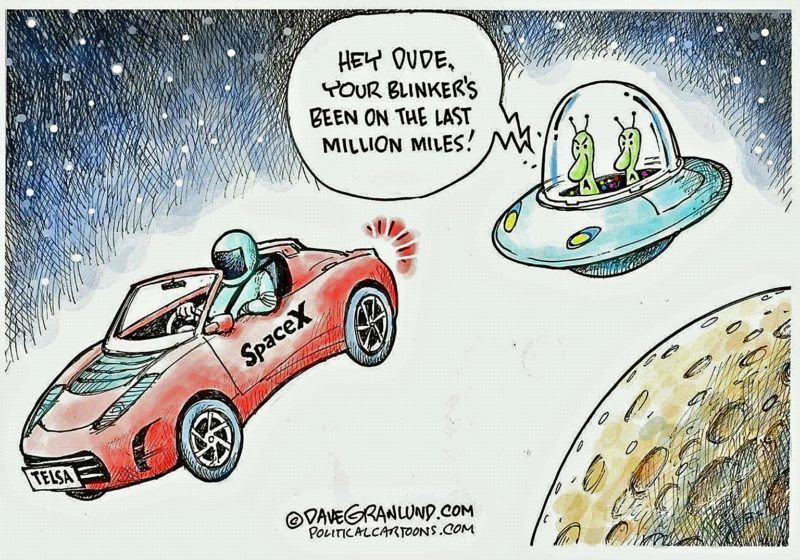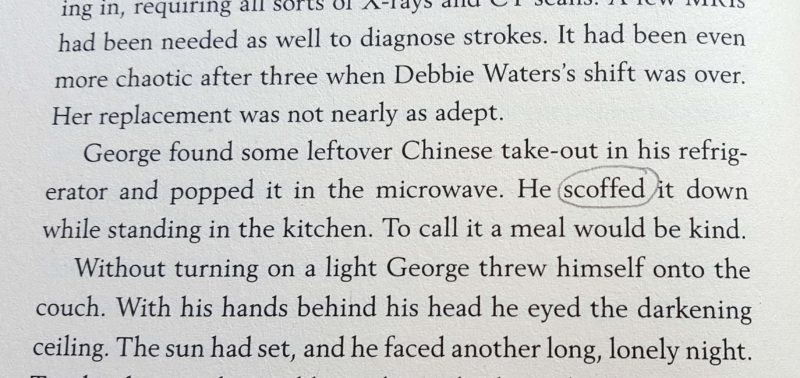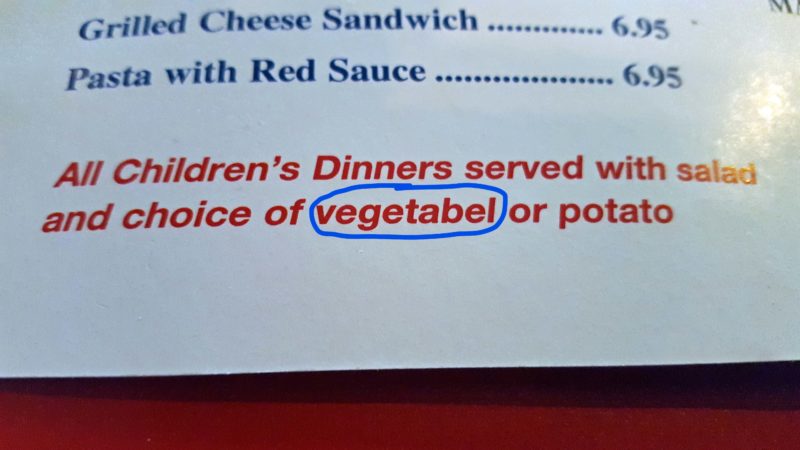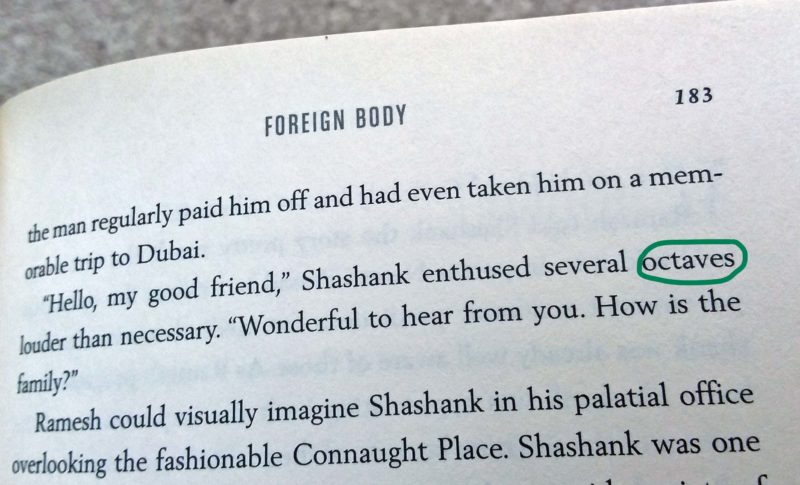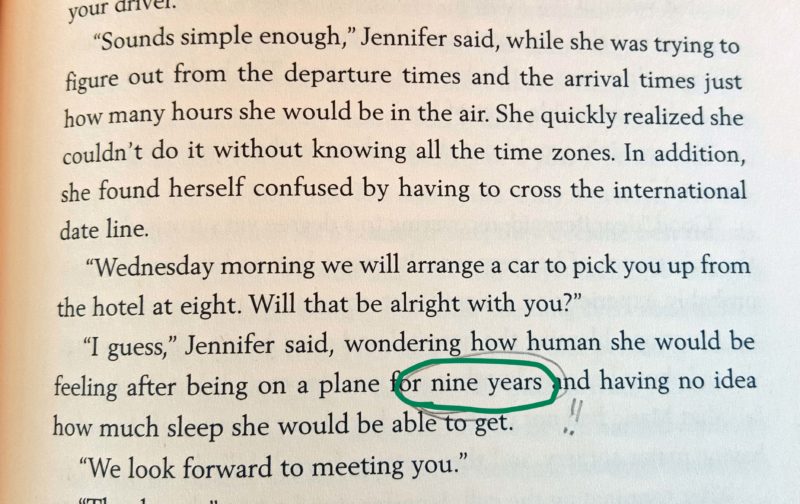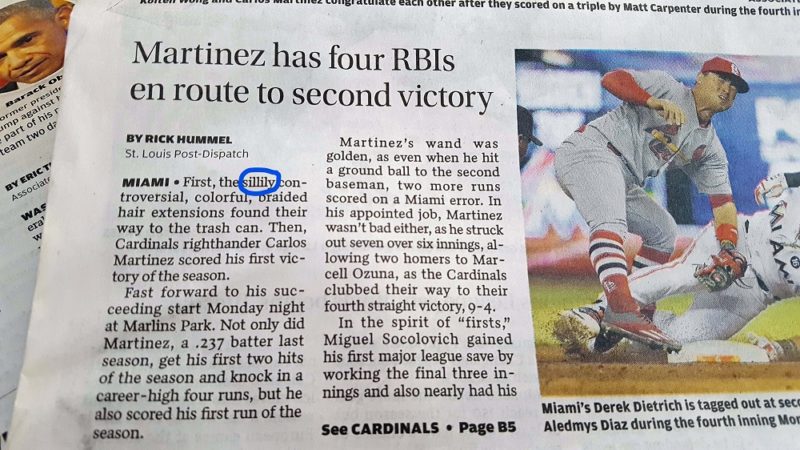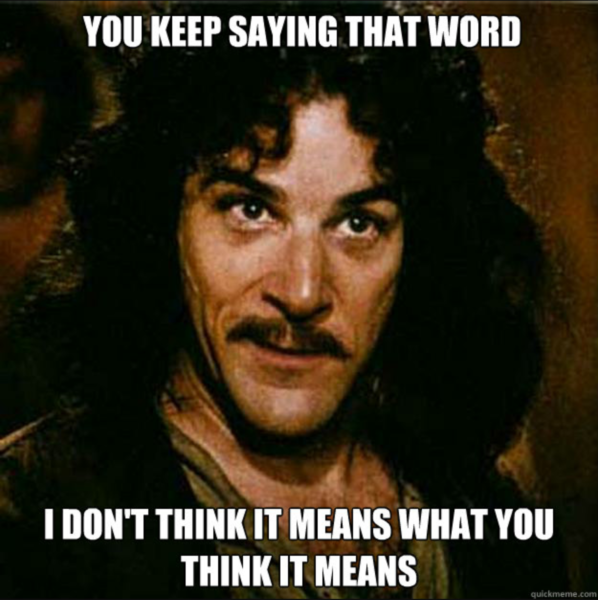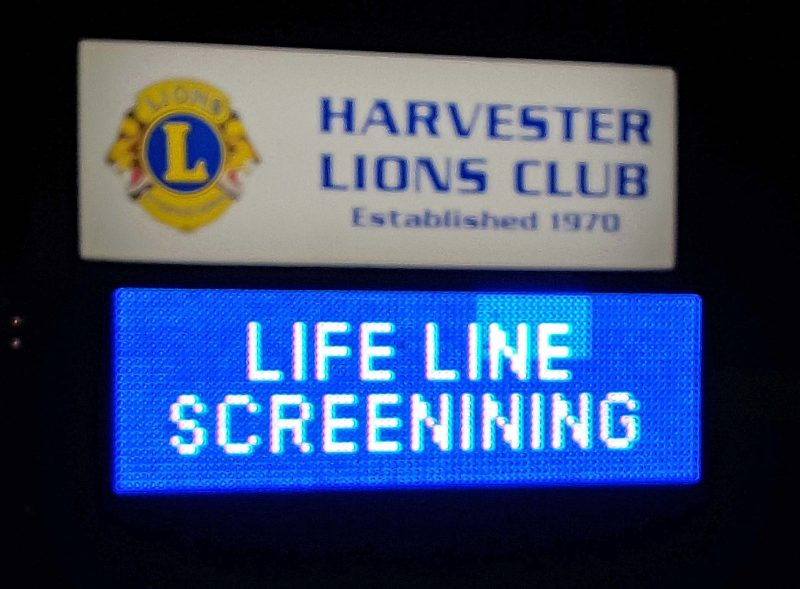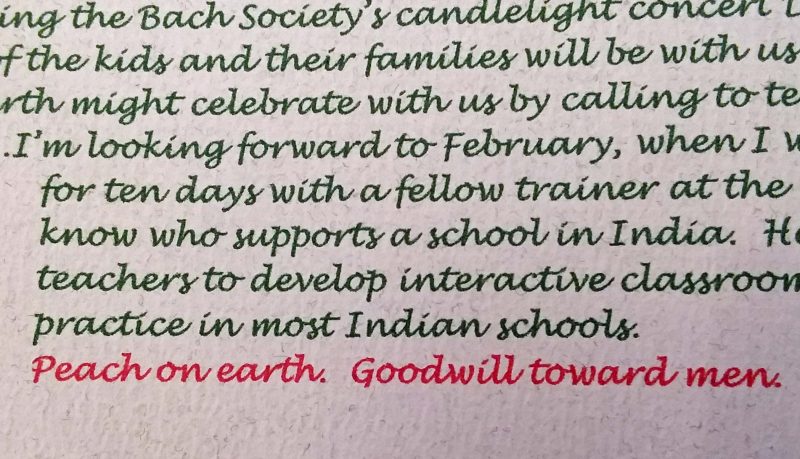It’s been awhile since I found a reporting error that irritated me enough to share it, but it happened again today. The article was published in the aftermath of the school shooting in Parkland, FL. In the following excerpt from the news article, the author erroneously identifies two of the three generations mentioned.
Just as their grandparents feared polio . . .
Dr. Jonas Salk’s polio vaccine was developed in 1953 and was available for public use in 1955. Dr. Albert Sabin’s oral polio vaccine was available for use in 1961. I was vaccinated with both. A local drugstore provided the injections, and I remember going there after church on Sundays for the series of three injections. I also remember taking the pink oral vaccine dropped onto sugar cubes. It was from 1916 until the 1950s that polio was an annual summertime threat in one part or another of the United States. The worst U.S. polio epidemic occurred in 1949, claiming 2,700+ lives. I was two years old that year, and my oldest brother was an infant. It was my parents–“Generation Columbine’s” great-grandparents, born just before and during the 1920s–who feared polio throughout their lives, especially for their children, including Ted and me. I don’t remember being afraid of polio, but I know that large public gatherings were avoided during the summer months and public swimming pools were often closed during the 1940s and 1950s to prevent the spread of polio. I do remember my 4-H club collecting money from the good citizens of Hingham for the March of Dimes to support the fight to eradicate polio.

. . . and their parents feared nuclear war, . . .
Six of my eight grandchildren were born after the 1999 Columbine school shooting. (Alex and Kyra were born in 1997 and 1998, respectively.) Their parents are my children, born between 1972 and 1978. The Berlin Wall fell in 1989 when Jeff was 17, and the Cold War was lukewarm long before that. The parents of “Generation Columbine” did not live in fear of nuclear war; it was their grandparents–Ted and me–who were afraid Khrushchev would hit the nuclear button at any moment. In the 1950s–my elementary school years–some public buildings had fallout shelter signs on them, indicating that those buildings could protect us from nuclear fallout in the event of an atomic war. (Hah!) I doubt if “Generation Columbine’s” parents ever saw one of these signs.

In summary, there is a “Generation Columbine” and there were generations who feared polio and the Cold War. The author of the article named one of the three groups correctly, but he is off by a full generation for two-thirds of his main idea. Aarrgghh! Don’t journalists have to check their facts before publishing? Don’t they use proofreaders? Apparently not.

